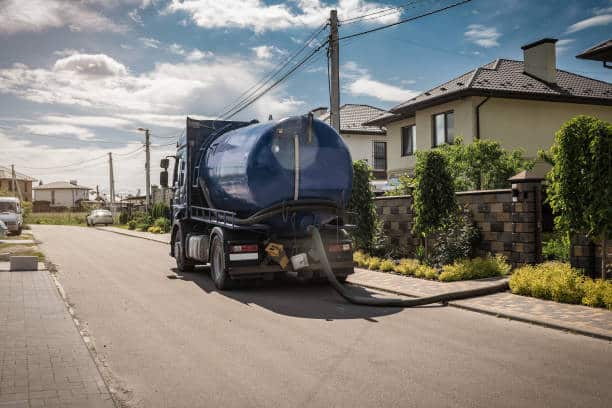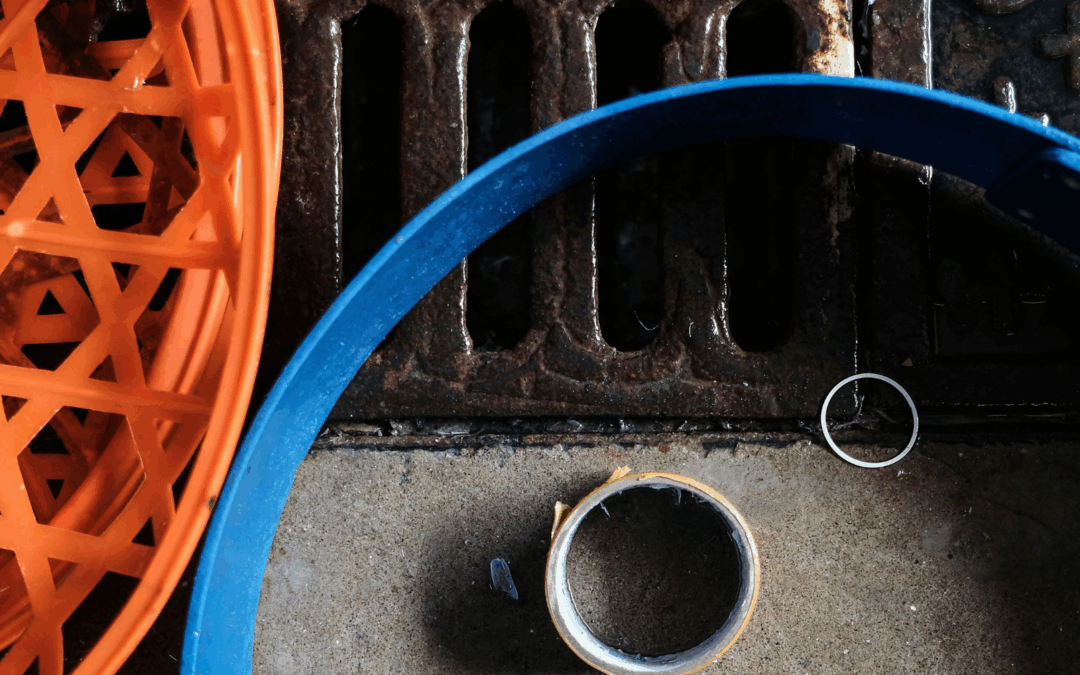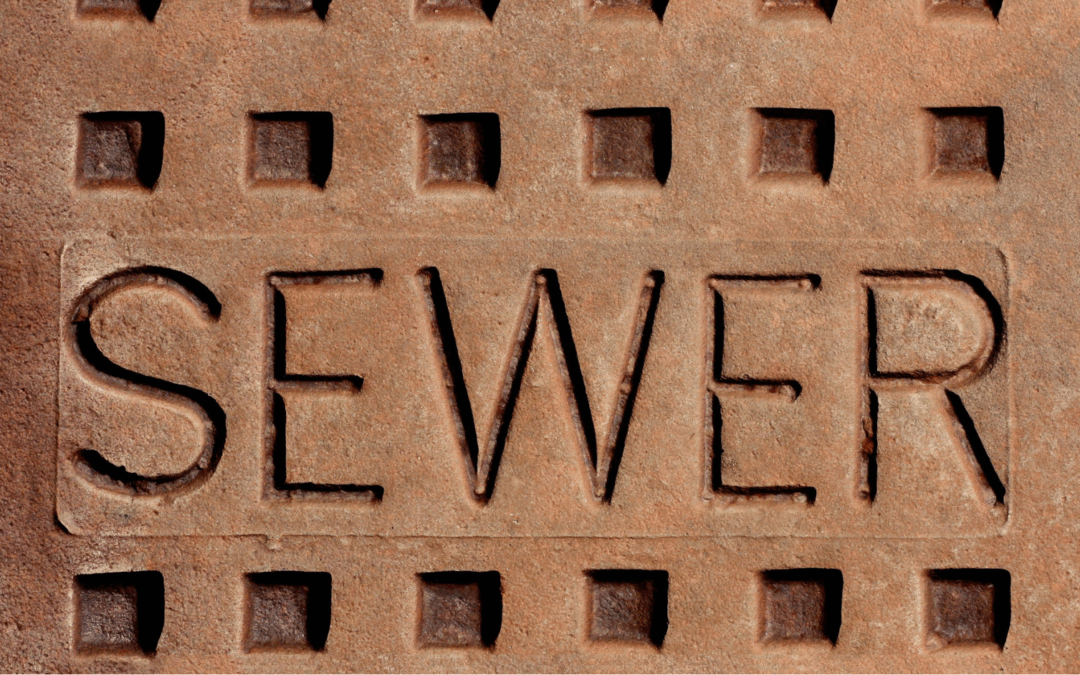Septic tank pumping is an important part of septic system maintenance. If your septic tank isn’t pumped regularly, it can become clogged and backed up. This can cause serious problems for your home and property.
This blog post will discuss everything you need to know about septic tank pumping! We’ll answer common questions like “what is septic tank pumping?” and “how often should I pump my septic tank?” We’ll also provide helpful tips on how to pump a septic tank safely and effectively. So if you’re curious about septic tanks, read on!
What Is Septic Tank Pumping?
A septic tank is an underground chamber that collects wastewater from your home. Wastewater enters the septic tank through a network of pipes and is broken down by bacteria. The wastewater then leaves the septic tank, where it’s treated further before being discharged into the environment.
Schedule Service Online
Get a free estimate so you know what you're signing up for
"*" indicates required fields
For Emergency Services Call: 410-255-9300
Septic tank pumping is the process of emptying and cleaning a septic tank of solid waste. This helps keep the system running smoothly and prevents clogs and backups. The pump removes solids, sludge, and scum from the tank to continue functioning properly.
A septic system comprises several components, including the septic tank and drain field. To properly maintain your system, regular septic tank pumping is necessary. If the isn’t pumped regularly, it could become clogged or backed up and cause serious problems with your home’s plumbing and drainage systems.
During the process, a pump is used to remove the solid waste from the tank. This waste is then taken away by a septic truck or other specialized garbage disposal vehicle for proper disposal. The process also includes inspecting pipes, valves, and other septic system components, as well as cleaning the tank of any buildup.
Why Do You Need To Pump Your Septic Tank?
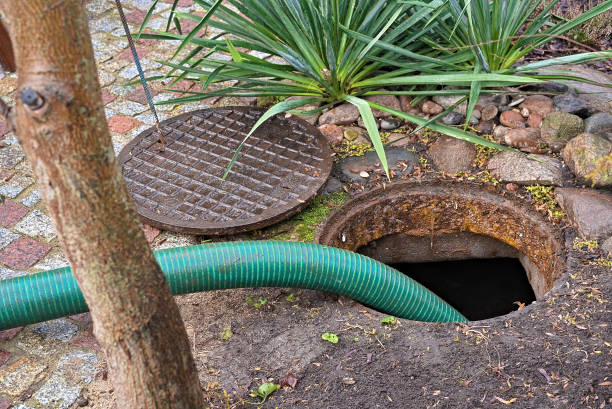
Prevents Clogs And Backups
The primary reason to pump your septic tank is to prevent clogs and backups. If the solid waste isn’t removed from the tank periodically, it can cause blockages that will prevent proper drainage. This could lead to water backing up in pipes or flooding in areas around the septic system.
Prevents Overflow
If the tank is not pumped regularly, it can become full of solid waste and cause an overflow. This can lead to serious health and hygiene problems, as well as cause damage to your home or property.
Improves System Efficiency
Regular septic tank pumping improves the efficiency of the septic system by removing buildup and debris from the tank. This helps keep the system functioning properly and prevents costly repairs in the future.
How To Pump A Septic Tank
Septic tank pumping should always be performed by a qualified professional. They will have the necessary equipment and knowledge to safely and effectively pump your septic tank. Here’s a step-by-step guide on how to pump a septic tank:
Locate The Septic Tank And Measure Its Size
Your septic professional will determine the size of your septic tank and calculate how much waste they need to remove. They do this by measuring the septic tank’s dimensions. They do this to ensure they are removing the appropriate amount of waste.
Determine The Type Of Septic Tank
Your professional will also need to determine your type of septic tank, as this affects how they approach the pumping process. There are various types of septic tanks, such as conventional and aerobic systems.
Prepare For Pumping
Your septic professional will prepare the area before pumping begins. This includes setting up safety equipment such as a ladder and other tools and laying down protective material to catch any spills or debris that may be created during the process. They may also need to install additional access points for easier pumping.
Attach Hoses And Pumps
Once the area is ready, your professional will attach hoses and pumps from their septic truck to your septic tank. They use these tools to remove waste from the tank and pump it into a septic truck or other disposal systems.
Turn Off Electrical Power To The Septic System Components
Once the hoses and pumps are attached, your septic professional will need to turn off the electrical power to any components in the septic system. This is done for safety reasons so the pump doesn’t overload any electrical components in the system.
Pump Out The Septic Tank
This is when the actual pumping process begins. Once everything is secure and powered down, your professional will begin pumping waste out of the septic tank. Your septic professional will use their pumps to remove all the waste. This process can take several hours, depending on your septic tank size.
Inspect And Clean Components
After pumping, your professional will inspect all of the septic system’s components to ensure they are functioning properly. This includes inspecting pipes, valves, and other components of your septic tank system. They may also need to replace any parts that have become worn or damaged over time.
During the inspection process, your professional will also clean any components of the septic system that need to be cleaned. This includes cleaning out pipes and valves to ensure they are free of clogs or debris.
Recharge The System With Fresh Water If Necessary
Your septic professional may need to recharge the septic system with fresh water after pumping is complete. This helps flush out any remaining waste and debris in the tank and keeps the system functioning properly.
Packing
After all the components have been inspected and cleaned, your septic professional will do a final clean-up of the area. This includes removing any protective materials and disposing of them properly.
Dispose Of Waste Properly
After pumping and cleaning, your septic professional will safely dispose of any waste removed from the tank. This waste is typically transported in a septic truck or other specialized vehicles for proper disposal at an approved facility.
When To Have Your Septic Tank Pumped
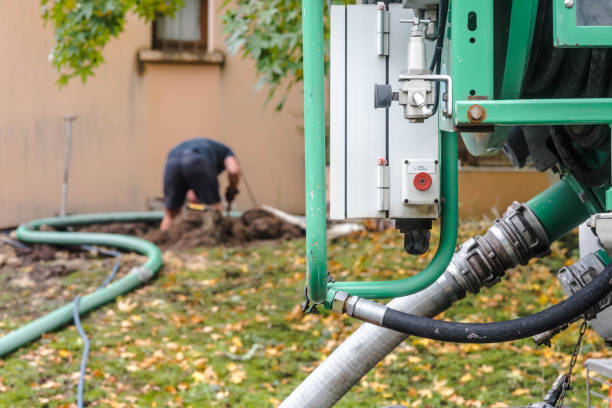
The frequency with which you should have your septic tank pumped depends on several factors, such as:
–The Size Of Your Tank: The size of your septic tank will determine how often it needs to be pumped. Generally, larger tanks need to be pumped less frequently than smaller ones. This also determines the septic tank pumping cost.
–The Number Of People In Your Household: The number of people living in your household also affects the frequency with which you need to pump your septic tank. If there are more people using the system, it will need to be pumped more often.
–The Type Of Septic System: Different types of septic systems require different intervals for pumping. Conventional systems should be pumped every three to five years, while aerobic systems may need to be pumped as often as once a year.
–The Amount Of Water Entering The System: If you use a lot of water, such as from washing machines or other appliances, you may need to have your septic tank pumped more often.
Generally, most households should have their tank pumped every 3-5 years. However, it is always best to consult a professional septic specialist to determine the best schedule for your system.
Septic Tank Maintenance Tips
Maintaining your septic tank is an important part of keeping it functioning properly. Here are some tips to help you keep it in good condition:
Have Repairs Done Promptly
If any repairs are needed to your septic system, it’s important to have them done as soon as possible. This will help prevent further damage and costly repairs down the line.
Keep Heavy Loads Away From The Tank
It is important to keep large objects such as cars, trucks, and other heavy loads away from your septic tank to avoid damaging it.
Avoid Putting Harmful Chemicals Down The Drain
Avoid pouring chemicals, solvents, toxic cleaners, or other potentially harmful substances down your drains, as this can damage your septic system and contaminate groundwater.
Don’t Flush Anything That Isn’t Biodegradable
Toilets are meant for toilet paper and human waste only. Flushing anything else, such as cigarettes, diapers, or other materials, can damage the septic tank and lead to costly repairs.
Use Water Efficiently
It is important to conserve water to reduce the amount of wastewater that needs to be processed by your septic tank. Install low-flow fixtures and make sure all leaks are fixed promptly.
Have Your System Inspected By A Professional
Having your septic system inspected by a professional regularly can help you identify any
Conclusion
Septic tank pumping is important to keep your septic system functioning properly. It is important to have it inspected and pumped regularly and follow some basic maintenance tips. By doing this, you can help ensure that your septic system lasts for years to come, and helps you save septic tank pumping costs.
In the long run septic tank maintenance costs are much lower than septic tank repair costs. Make sure you follow these tips to keep your septic system in good condition and have it serviced regularly by a professional. Doing so will ensure that your home is safe, healthy, and well taken care of.
If you’re looking for a reliable septic pumping service, MD Sewer can help. At our company, we take pride in offering our customers exceptional septic tank pumping services and other plumbing solutions. We keep your system running smoothly season after season through attentive maintenance and routine check-ups. Let us help you get the most out of your home’s plumbing systems! Contact us today to learn more about our services and how we can help keep your septic system in top shape.

